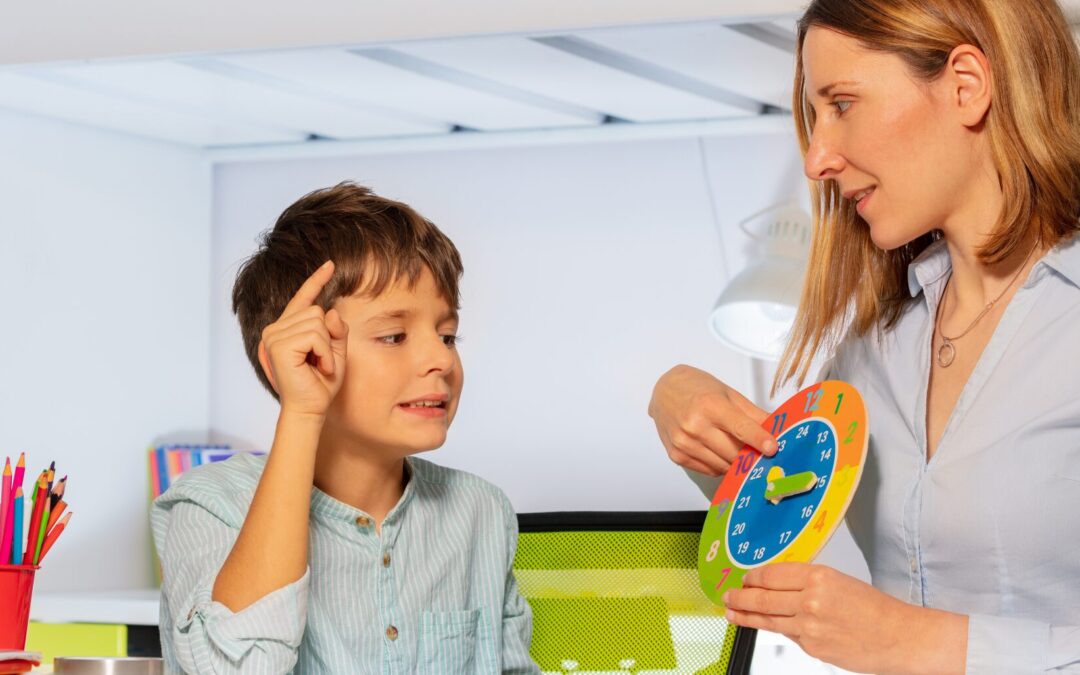Parenting a child with autism is an incredibly rewarding experience, but it can also come with its own set of challenges. Parent training for autism equips you with the knowledge and skills to navigate these challenges and build a strong, positive relationship with your amazing child.
This guide will explore the world of parent training for autism, answer some common questions, and empower you on this unique parenting journey.
What is Parent Coaching for Autism?
Parent training for autism is a form of therapy or coaching specifically designed to support parents of children on the autism spectrum. Through parent training for autism, you’ll learn evidence-based strategies to:
- Understand your child’s communication style and sensory needs.
- Implement positive behavior interventions to manage challenging behaviors.
- Develop effective communication techniques to connect with your child.
- Foster your child’s social and emotional development.
- Create a structured and predictable routine to reduce anxiety.
- Advocate for your child’s needs at school and in the community.
Parent training for autism can be delivered in various formats, including individual sessions, group workshops, or online programs. The specific content and approach will vary depending on your child’s needs and the program you choose.
However, most training programs will focus on a combination of:
- Psychoeducation: Gaining a deeper understanding of autism spectrum disorder (ASD) and its characteristics.
- Skill Development: Learning practical strategies to address common challenges faced by children with autism.
- Problem-solving: Collaborating with professionals to develop individualized strategies for your child.
- Support and Networking: Connecting with other parents who understand the unique joys and challenges of raising a child with autism.
How Stressful is it for Parents with an Autistic Child?
There’s no denying it: parenting a child with autism can be stressful. The challenges of communication, managing meltdowns, and navigating the healthcare system can all take a toll. According to a study by the National Autistic Society, over 70% of parents of children with autism report feeling stressed, anxious, or depressed.
However, parent training for autism can significantly reduce stress by equipping you with the tools and strategies you need to feel confident and empowered in your parenting role. Learning how to effectively communicate with your child, manage challenging behaviors, and create a supportive environment can significantly reduce stress and improve your overall well-being.
Here are some additional ways parent training for autism can help:
- Reduce feelings of isolation: Connecting with other parents who understand your struggles can provide invaluable support and build a sense of community.
- Increase self-efficacy: Learning effective strategies can boost your confidence in your ability to parent your child with autism.
- Improve family dynamics: By developing positive communication and behavior management skills, you can create a more harmonious and peaceful home environment for everyone.
What is the Best Parenting Style for Autism?
While there’s no single “best” parenting style, some approaches are particularly effective for children with autism.
Parent training for autism often focuses on techniques like:
- Applied Behavior Analysis (ABA): This evidence-based approach uses positive reinforcement to encourage desired behaviors and reduce challenging ones. Parent training for autism that incorporates ABA principles can equip you to implement simple ABA strategies at home, such as token boards or breaking down tasks into smaller steps.
- Positive Parenting: This approach emphasizes positive reinforcement, clear communication, and setting consistent expectations. Parent training for autism can help you develop positive communication techniques tailored to your child’s unique needs and learning style. For example, you might learn to use simple language, visuals, and positive phrasing to give clear instructions.
- Structured Teaching: This approach utilizes visual aids, routines, and predictable schedules to create a sense of security and reduce anxiety. Parent training for autism can help you develop a structured visual schedule for your child’s day, including pictures or symbols for activities and transitions.
Remember, the ideal parenting style will vary depending on your child’s individual needs and personality. Parent training for autism can help you determine which approach or combination of approaches works best for your unique child and family.
What Are the 3 Main Causes of Autism?
The exact cause of autism is still unknown, but research suggests a combination of genetic and environmental factors may be at play. There are no single “3 main causes,” but some potential contributing factors include:
- Genetics: A family history of autism increases the risk. Children with a sibling with autism are 18 to 50 times more likely to be diagnosed themselves. However, a family history doesn’t guarantee a diagnosis, and many children with autism have no family history of the disorder.
- Brain Development: Differences in brain structure and function might be involved. Research suggests that certain areas of the brain, particularly those related to social interaction and communication, may develop differently in children with autism.
- Environmental Factors: Exposure to certain environmental factors before or after birth might play a role, but more research is needed. Some studies have investigated potential links between environmental factors like air pollution or certain medications during pregnancy, but the evidence is inconclusive.
It’s important to remember that autism is a complex spectrum disorder, and the causes likely vary from case to case.
Parent training for autism won’t focus on finding a cause, but rather on equipping you with the tools to support your child’s development and well-being regardless of the underlying factors.
Conclusion
Parent training for autism is an invaluable resource for parents who want to support their child’s development and build a strong, positive relationship. Through parent training for autism, you’ll gain the knowledge, skills, and confidence to navigate the joys and challenges of parenting a child on the spectrum.
Remember, you are not alone on this journey.
There are many resources available to support you, including parent training for autism programs, online communities, and support groups.
Parent training for autism can be a powerful tool to empower you and your child to thrive. With love, patience, and the right tools, you can build a strong foundation for your child’s future success and create a lifetime of love and connection.

